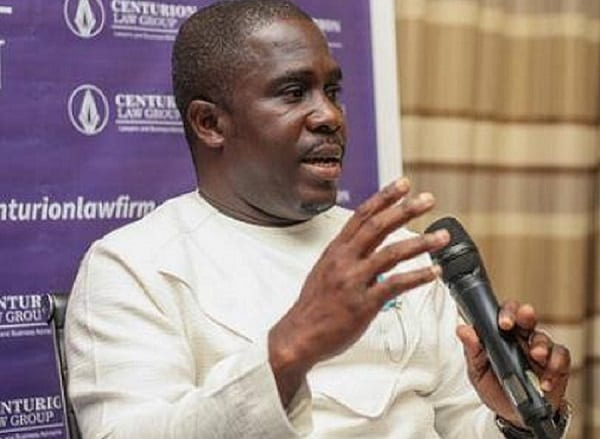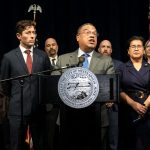The recent power outages, coupled with the short supply from the Bui Power generation station, have heightened the call by the Institute for Energy Security (IES) for the country to resort to renewable energy.
According to IES, an energy policy think tank, it has become prudent for the government to establish a renewable energy authority and hydrogen policy to guide the sector and ensure the sector’s promotion and development.
In the view of IES, the establishment of the authority would facilitate the formulation of policies and regulations to guide operations in the sector.
In addition, it would create an enabling environment to attract huge private sector investment and business for the country, while reducing the over-reliance on hydroelectricity.
The call comes against the background of a report by the institute, which observed that due to the non-adherence to the initial power supply recommendation for 2020, the Bui reservoir elevation dropped to a minimum of 166.82 at the end of May 2021.
This was the lowest elevation drop recorded since the commencement of operations of the Bui reservoir in December 2013.
Hitherto, the Bui reservoir elevation, built on the Black Volta river, produced 400-megawatt (540,000 hp) hydroelectric power.
In this regard, the Executive Director of IES, Nana Amoasi VII, has explained that “with the global economy is heading to ‘green,’ we cannot be left behind, and renewable energy being a specialised area, you need to dedicate time and place for it.”
“That is why it is important for us to have a renewable energy authority,” adding that the energy landscape’s transition to renewables is a global panacea for the high-energy cost and sustainable development.
According to him, it has been established that hydrogen, which is vital fuel, could be got from water.
Therefore, “any excess power that will be generated from renewable, you can allocate this power to go and split the molecules in water, so you separate hydrogen and oxygen in the water for renewable energy generation.”
Again, with the development of the new hydrogen economy, hydrogen has been identified as part of the low carbon economy, phasing out fossil fuels and limiting global warming.
Nana Amoasi VII said this in an interview monitored by The Ghana Report on Citi FM on Friday, July 16, 2021.

Electricity Supply Plan report shows a significant reduction in Bui reservoir elevation
Data captured from the 2021 Electricity Supply Plan shows that the total hydroelectricity generated for 2020 was 7,293.23 gigawatt-hour (GWh) as against a projected generation of 6,897.2 GWh.
This consisted of 5,164.45 GWh, 862.25 GWh and 1,269.52 GWh from Akosombo, Kpong and Bui hydropower facilities respectively.
This, Nana Amoasi VII, said, resulted in the facility having to produce more than anticipated to fill a supply deficit from other power plants.
He attributed the situation to over drafting of the lake to make up for the power supply deficit, noting that, it required looking beyond the Bui facility for the provision of power during peak hours this year.
In addition, the Bui facility has to be dispatched in a manner that would allow for the storage of adequate water in the reservoir during the 2021 inflow season.
READ ALSO: 17-Megawatt Solar Project Shows Commitment To Renewable Energy – VRA
The IES report noted that the projected total annual hydro generation for 2021 is 7,001 GWh consisting of 5,650 GWh from Akosombo generation station, 850 GWh from Kpong generation station and 501.2 GWh from the Bui generation station.
As such, fuel supply for thermal plants would be key in determining the reliability of the power supply in 2021.
Therefore, “there should be proper coordination to ensure adequate provision of fuels such as natural gas, light crude oil and heavy fuel oil for the thermal plants, which are expected to generate over 66 per cent of the power required in 2021,” IES recommended.
















